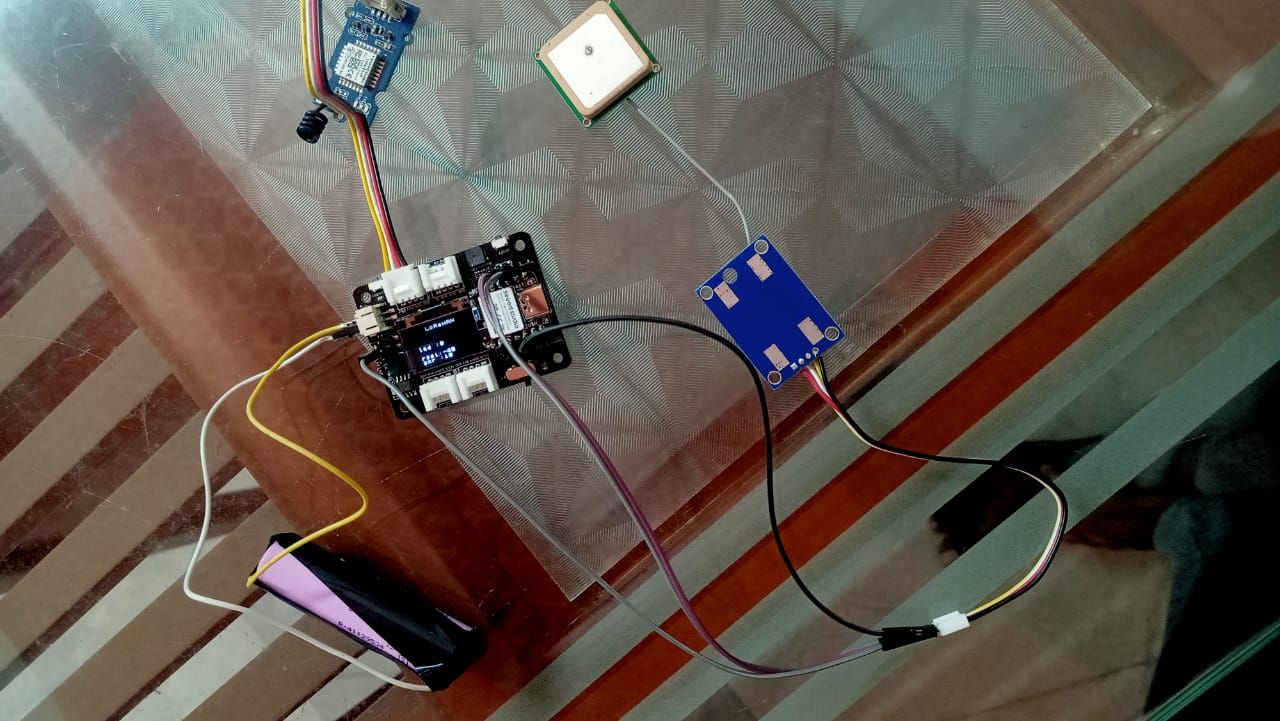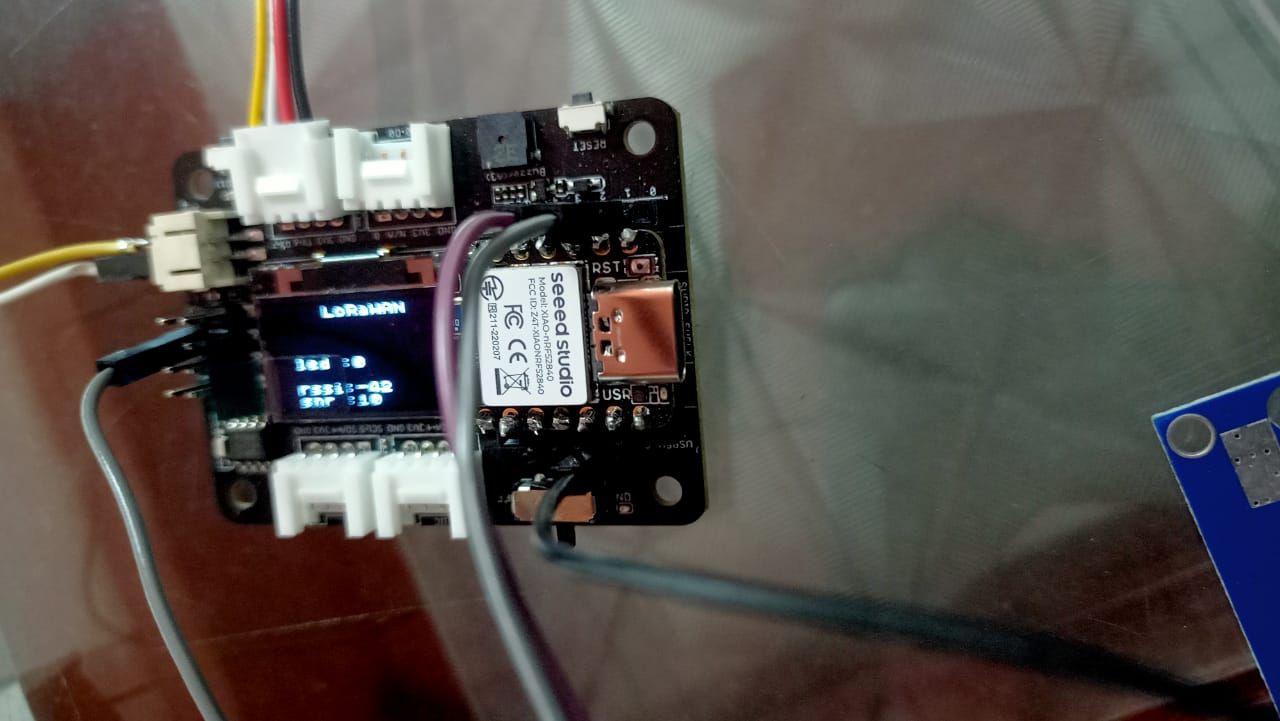Edge Impulse Inference to IoT Dashboard
-
@salmanfaris I really appreciate your help and look forward to seeing the example.
Best,
Dipu -
@salmanfaris Hope you're doing well, did you get sometime to work on this?
Best,
Dipu -
@salmanfaris any updates?
Best,
Dipu -
Hi @dipu_varghese ,
Here is the sample input from the binary edge impulse inference,
Predictions (DSP: 16 ms., Classification: 1 ms., Anomaly: 2 ms.): idle: 0.91016 snake: 0.08203 updown: 0.00391 wave: 0.00391 anomaly score: -0.067”And from here for example we can try to get the updown values only by attaching the device to another controller and read the Serial string directly.
void setup() { // Start serial communication at 9600 baud Serial.begin(9600); } void loop() { // Wait until there is data available on the serial port while (!Serial.available()) { // Do nothing } // Read the input string from the serial port String inputString = Serial.readStringUntil('\n'); // Find the position of the "updown" value in the input string int updownPos = inputString.indexOf("updown:"); // If the "updown" value was found in the input string if (updownPos >= 0) { // Extract the "updown" value from the input string String updownString = inputString.substring(updownPos + 8, inputString.indexOf('\n', updownPos)); // Convert the "updown" value to a float float updownValue = updownString.toFloat(); // Output the "updown" value Serial.println(updownValue); } }The sketch should then output the "updown" value, which is 0.08203.
Hope this will be helpful, let me know if you need more clarification.
-
@salmanfaris thank you so much man, I'll try this and update you shortly. Thank you once again.
Best,
Dipu -
@dipu_varghese Hi, How does it go? Would like to know about the updates
 or anything I can do to help you.
or anything I can do to help you.


